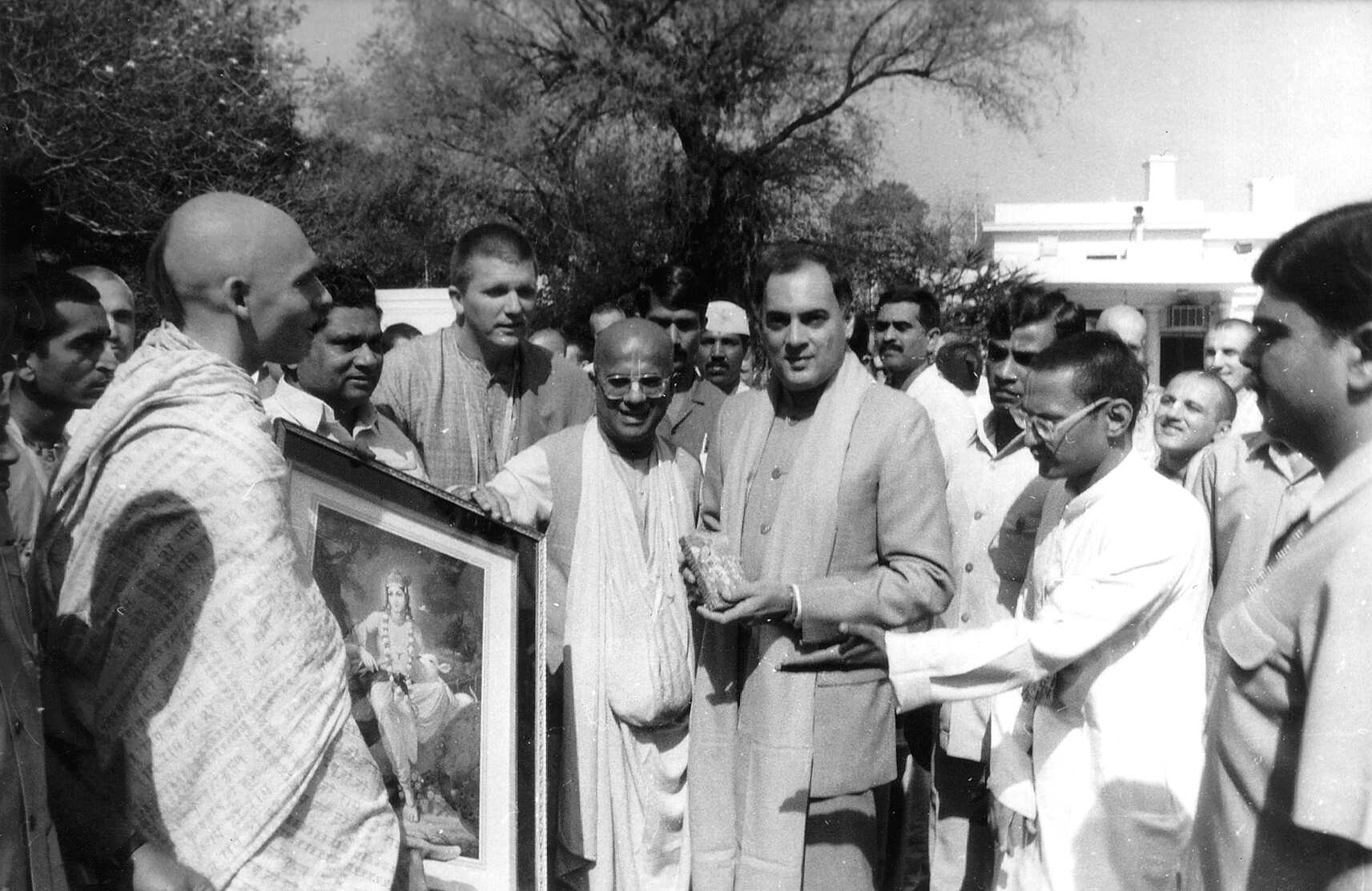A visionary par excellence
Thirty-one years ago, on May 21, India lost one of its noblest souls — former PM Rajiv Gandhi — who, in his short life, through his numerous initiatives, had worked for the upliftment of the last person in the line

31 years ago, Bharat Ratna Rajiv Gandhi departed from this world. On this day we not only lost a learned politician but also an astounding human being. Today, we recall and cherish his dedication, commitment and compassion towards bringing change in our country. Even in this day and age we can see how he made several decisions which turned India in the right direction. He always supported scientific growth and used technology as a tool to make India grow and be ready for the 21st century. He was a man who stressed on the importance of Information Technology and hence launched several missions, from which everyone benefited, such as immunisation, drinking water, drylands cultivation and several more.
With a divergent mindset like his, India saw numerous initiatives from the government, which the country had not even imagined before. The budget introduced was a similar initiative which promoted rejuvenation of the economy and paved the way for the phenomenal reforms of 1991. Today's generation salutes and thanks him for empowering the youth of the country by lowering the voting age, due to which the young minds of India could choose their leader. Today we hail to the 'Father of Information Technology and Telecom Revolution of India' and recollect how he laid the foundation of modern India, how he developed state-of-the-art telecommunication technology, and in the process of doing so got rightfully named as the architect of digital India.
He focused his attention towards uplifting the weaker sections of society. He believed that the weaker sections of society, such as the exploited, backward classes, Scheduled Castes, Scheduled Tribes could thrive if given proper exposure to education. He raised this issue several times and admitted that education has not yet reached the weaker sections of society and providing education would definitely lead to their welfare.
Even our country's democracy progressed commendably through the efforts of the former prime minister. As soon as Rajiv Gandhi had come to power, he addressed the problem of defection in Indian politics — a devastating and democratically unethical practice — by prohibiting it with the 42nd amendment to the Indian Constitution.
Rajiv Gandhi was well aware that women play an important role in the establishment of any social system. "The success and prosperity of every community may be judged by the development of the other half of the people," he believed. Women are equal to males in all areas, including spiritual ambitions and political ideas. When it comes to sacrifice and bravery, there has never been a disagreement. Our battle for freedom demonstrates this. He also stated that women's contributions, whether at home or at work, have never been weaker or less than men's, but that women are still denied adequate educational and job chances. Furthermore, Rajiv Gandhi defined social justice as the growth of all groups and areas of society. He desired that everyone, regardless of caste, birth, religion, or skin colour, experience growth. On January 23, 1984, he said in Rajya Sabha during a debate on the Presidential address, "Congress is representative of different ideologies, struggle for social justice, struggle for self-reliance, against the centralisation of wealth, decent public undertakings which are meant for the welfare of the people, secularism, and policies of non-alignment and peace." On December 17, 1985, he declared in Rajya Sabha during the discussion over the 7th plan, "We have not modified our choices in the 7th plan." Political opponents were not his adversaries, but rather fellow citizens wanting a position in the political system. His friendly demeanour and pleasant grin aided him in breaking through the political barriers. He could step across the aisle as easily as he could override his own party to send India's ambassador to the United Nations, Shri Atal Bihari Vajpayee. Political biases did not bother him, nor did invectives or insinuations, since he was confident in his ability to bring about a paradigm shift in governance in India.
We, the people of India, were extremely unlucky to have lost such a visionary, clear-headed, and dynamic leader so young and terribly. If Rajiv Gandhi had lived, we would have seen a different type of political and social order today. His humane and contemporary thought-process helped him to free politics from the dark dungeons of self-interest and allow it to work only for the benefit of the people. His allegiance to India's socialist and secular democracy serves as a lesson and guiding light in our battle against communal and Fascist influences. We pay tribute to a progressive, influential and compassionate prime minister of India who sought to unite India and helped propel it into the 21st century by following his ideal and values and implementing them in today's world as well.
The writer is National Chairman, Media Department, Indian Youth Congress. Views expressed are personal



